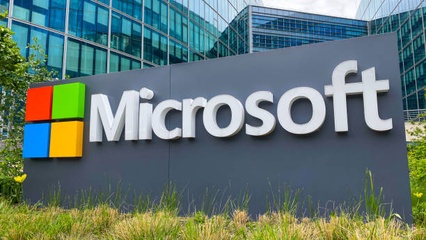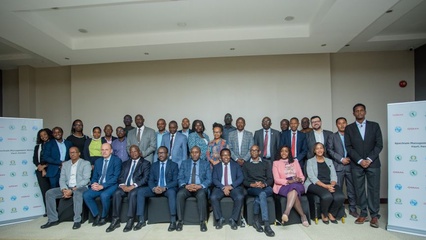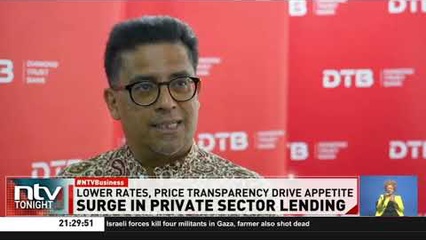Microsoft: AI-powered cyberattacks surge in Africa

NAIROBI, Kenya, Oct 24 - Africa has become a testing ground for the world’s most advanced cyberattacks, according to Microsoft’s 2025 Digital Defense Kenya breaking news | Kenya news today |..
✨ Key Highlights
Microsoft's 2025 Digital Defense Report reveals a significant surge in AI-powered cyberattacks across Africa, with the continent becoming a "proving ground" for advanced threats including deepfakes and digital impersonation. Cybercriminals are leveraging AI to enhance phishing schemes and exploit common digital platforms.
- Financially driven cyberattacks in Africa have increased from Sh25 billion ($192 million) to Sh63 billion ($484 million), affecting 87,000 victims.
- Business Email Compromise (BEC) has overtaken ransomware, accounting for 21 percent of successful financial attacks.
- AI-powered phishing now achieves a 54 percent click rate, which is 4.5 times higher than traditional methods, and can increase profitability by up to 50-fold.
- Microsoft's Chief Security Advisor for Africa, Kerissa Varma, highlights that attackers are tailoring phishing messages in local languages and mimicking familiar figures.
Continue Reading
Read the complete article from Capital Business
Part of the Day's Coverage
Nvidia Invests in African AI Data Centers as Region Faces Cyberattacks and Plans for Spectrum Unification - October 2025
Nvidia Corporation has expanded its presence in Africa's digital infrastructure market with an investment in Cassava Technologies, deepening a partnership focused on rolling out AI-ready data centers across the continent. This development occurs as Microsoft's 2025 Digital Defense Report reveals a significant surge in AI-powered cyberattacks across Africa, with the continent becoming a "proving ground" for advanced threats including deepfakes. To support digital growth, Eastern Africa is planning a unified spectrum strategy to boost broadband access. The EAC and IGAD Secretariats are developing a joint regional roadmap for this purpose. This initiative followed a workshop in Kigali, Rwanda, where nine Eastern African countries agreed to fast-track regional spectrum harmonisation.



